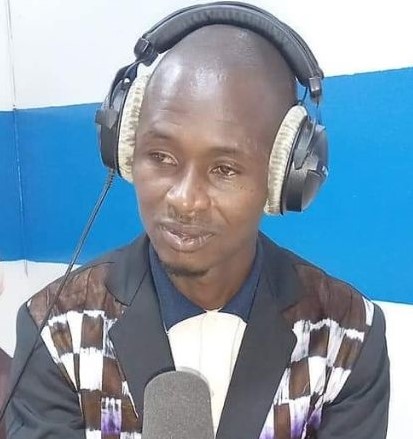Mohamed M’bemba Condé, a programme host on privately-owned Espace Kindia radio and a reporter for the Guinée Matin online newspaper, was attacked while covering an operation by officials in Kindia, 135 km east of the capital, who were going around the city identifying buildings and land whose ownership could be recovered by the state.
Soldiers accompanying this operation assaulted Condé after telling him that his car was blocking their way. They beat him so badly that he had to be taken to the Kindia regional hospital. They also broke his two phones, which they confiscated during the attack.
Condé told RSF that he has had pains in the head, neck, spine and chest since the attack, and that he is awaiting the results of a chest scan.
“Coming just days after World Press Freedom Day, this violent attack is very worrying for journalism in Guinea,” said Sadibou Marong, the director of RSF’s West Africa bureau. “Those responsible must be identified and prosecuted because a journalist who was just doing his job had to be hospitalised. After gaining 25 places in RSF’s World Press Freedom Index, Guinea must not start backsliding. It must guarantee journalists’ safety.”
The situation in Guinea was critical under former President Alpha Condé but seemed to improve after the installation of a transitional government, whose prime minister undertook to defend press freedom during a meeting with RSF in October 2021.
Nonetheless, physical attacks on journalists, long a major problem in Guinea, have not completely ended. Several reporters, including the Média Guinée news website’s Mamadou Yaya Barry, were roughed up by members of the former ruling party, the RPG Arc-en-ciel, while covering the interrogation of former government ministers at police headquarters in April. They also broke Barry’s phone.
Guinea is ranked 84th out of 180 countries in RSF’s 2022 World Press Freedom Index.

